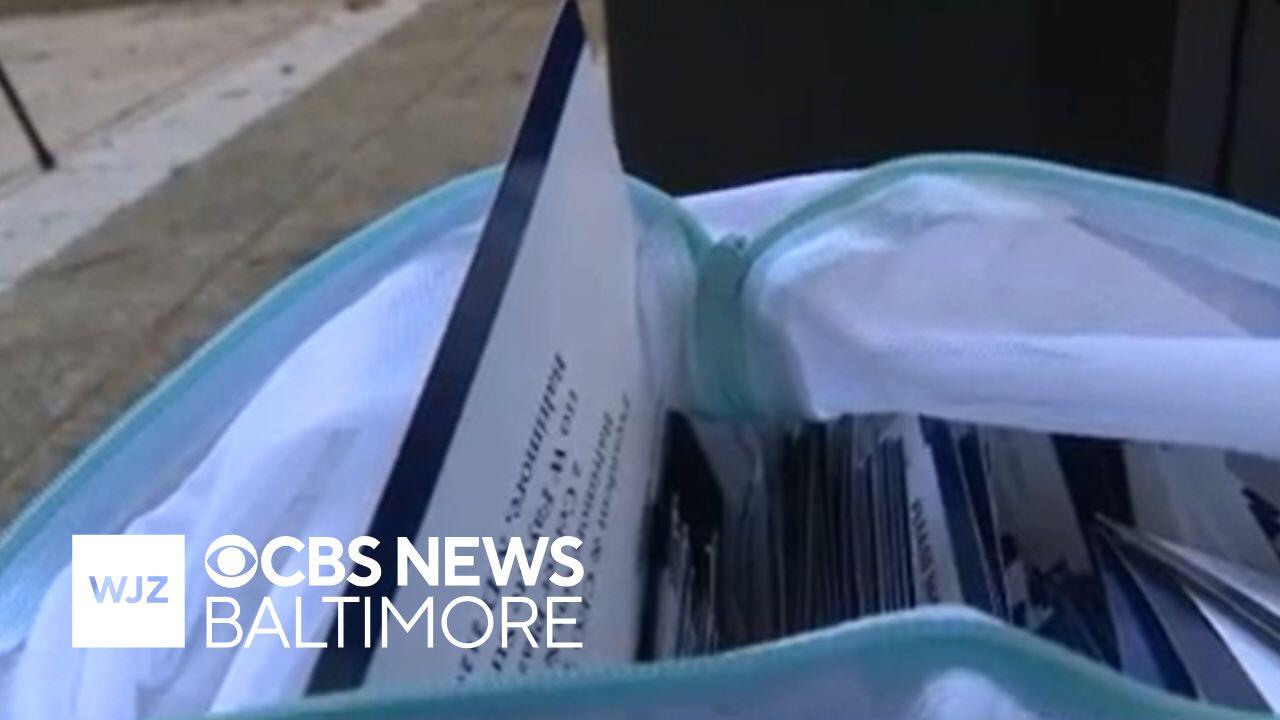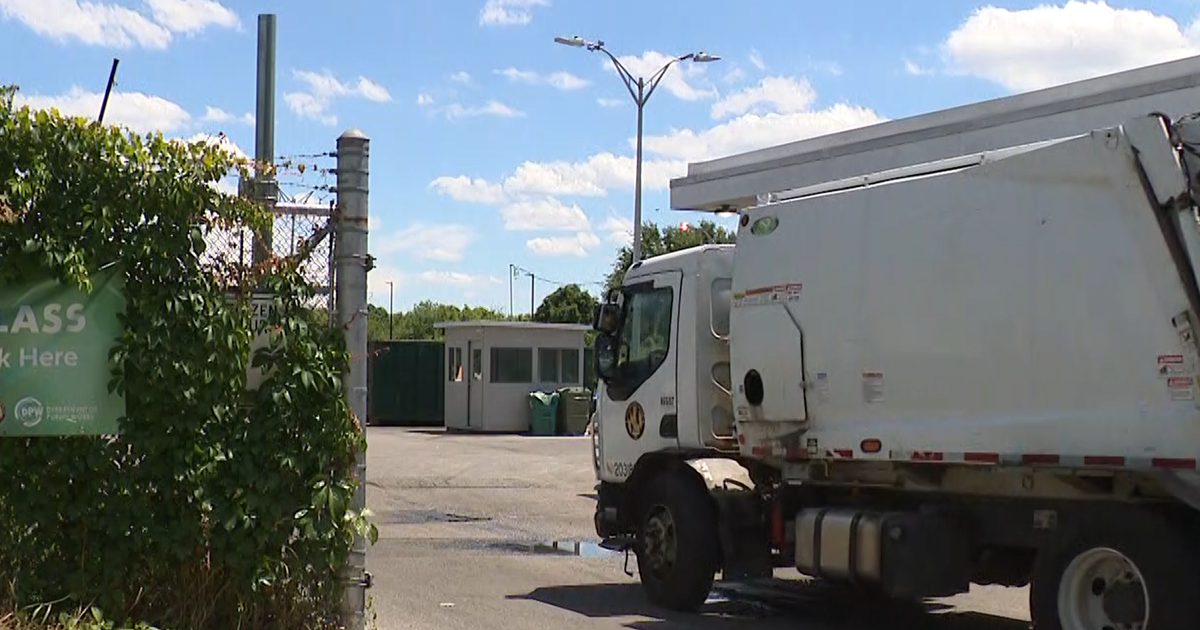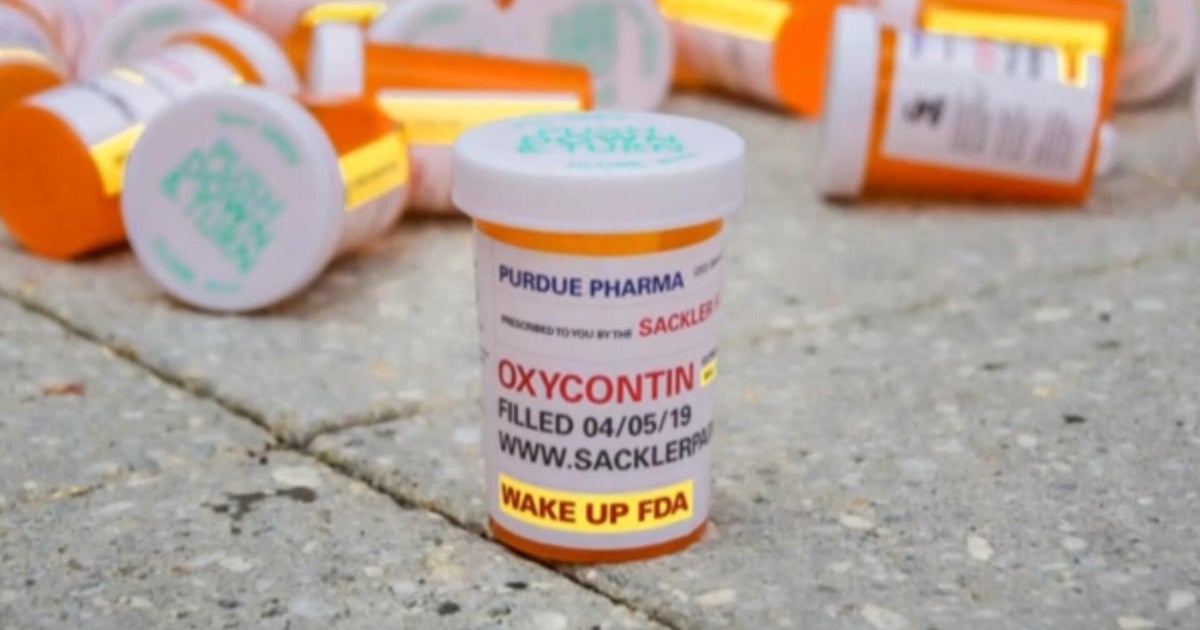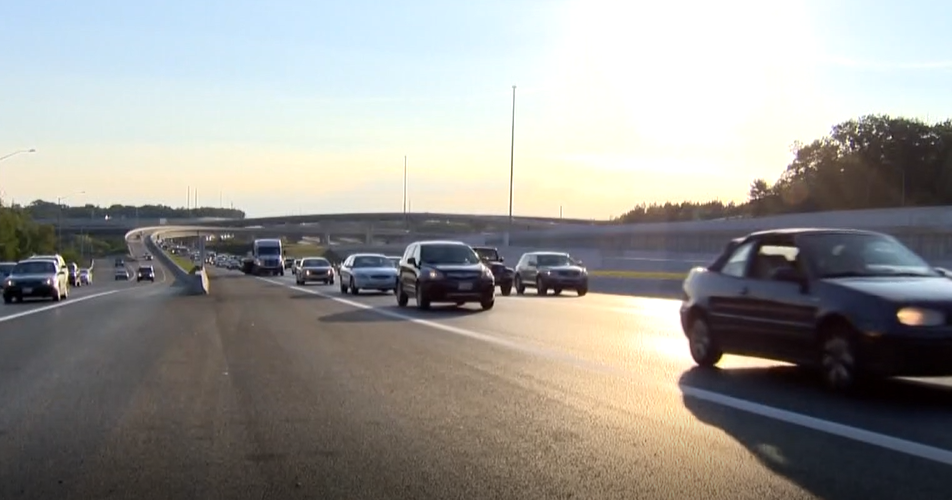Baltimore leaders call for end to BGE's multi-year rate hikes, Operation Pipeline program
Baltimore leaders rallied Thursday to call for an end to Baltimore Gas and Electric's (BGE) rate hikes and pipeline program.
During the rally, Baltimore City Council President Zeke Cohen joined labor union leaders and advocates to deliver petitions to the Maryland Public Service Commission (PSC) and BGE.
The rally came as BGE customers continue to voice concerns about rising prices.
BGE's rate hikes and pipeline plan
BGE's Operation Pipeline program aims to upgrade hundreds of miles of natural gas pipes and equipment across Maryland by replacing cast iron and bare steel pipes with new, more durable materials.
In 2023, PSC approved BGE's multi-year rate hike plan, which authorized a series of rate increases between 2024 and 2026. The plan will help pay for the pipeline upgrades.
Cohen said 7,221 Baltimore residents signed the postcard petitions calling for a stop to the plan.
"This is what it looks like when thousands of Baltimoreans lift their voices up together to say enough is enough," Cohen said Thursday, while holding a bag of the petitions.
Concerns over BGE prices
Leaders and residents who penned the petitions are calling for BGE to provide immediate, sustainable rate relief and calling for PSC to reject BGE's proposed 2026 distribution rate increase and abandon the multi-year model entirely.
The approach allows utilities to lock in several years of rate increases in one approval cycle.
City leaders argued that the program is driving up customer bills and increasing the company's profits.
"Our message could not be more clear. No more multi-year rate plans, and invoke the off-ramp to cancel BGE's planned 2026 distribution rate increase," Cohen said Thursday.
"BGE bills will continue to rise, and our residents simply cannot afford it," he said.
This isn't the first time city leaders have called for an end to the rate hikes.
An analysis released by the Office of the People's Counsel in February found that spending on gas infrastructure is fueling the hikes, and projected even higher winter bills in the future if the company continues its current level of capital investment.
The report said gas utilities will spend about $744 million on gas infrastructure in 2025.
Shortly after the OPC's report was released, the Baltimore City Council passed a resolution calling on the PSC to stop the multi-year rate hikes, arguing that the infrastructure upgrades should not be paid for by taxpayers.
BGE responds amid rising costs
BGE raised its rates on January 1, 2025, increasing the average residential gas bill by 9% and the electric bill by 7%. During the winter, Maryland households reported some of their highest gas bills ever.
The company argued that the rising bills are due to weather, demand and state fees, not the company's rate plan.
BGE Spokesperson Nick Alexopoulos said, "Getting rid of the multi-year plan process does not provide rate relief. We still need to make those investments in the system for our customers and for our communities."
BGE said that while the pipeline upgrades are a part of the cost increases, a 30% rise in natural gas prices over the past year and increased spending on energy efficiency programs mandated by the state also play a factor.
As Cohen tried to deliver the petitions to BGE, a representative for the company said they would not take them and instead called out Cohen for refusing to meet with the company's president.
"You actually had an opportunity this week to pass them directly to Tamla had you taken her meeting, so we were disappointed you refused to meet with her face-to-face to have this type of conversation," the company representative said during the exchange. "These, we can't accept for security purposes; these do have to be mailed in."
Cohen said he did not want to meet with CEO Tamla Olivier unless BGE came with a plan to support residents.
"It is about them making a decision to come with rate relief," Cohen said.
PSC responds to Baltimore petitions
Cohen then went to the PSC, where he was greeted by Chair Frederick Hoover.
Cohen said he hopes the input from residents will persuade the PSC to end the multi-year plan.
"We will certainly incorporate the comments and suggestions into the official record," Hoover said.
The Public Service Commission is currently going through a process to evaluate the multi-year model. A decision on whether to continue or modify is expected later in 2025.
Next Generation Energy Act
Maryland Delegate Elizabeth Embry expressed her support for the a recently passed bill that aims to tackle the high utility costs.
The measure requires utility companies to prioritize safety and cost-effectiveness in making infrastructure upgrades.
It also directs the PSC to reject multi-year rate hikes that don't demonstrate customer benefit and prohibits utilities from charging ratepayers for certain expenses like trade association memberships and private planes.
"It was a really important year for energy policy. I'm very proud to have been part of the general assembly this year because we went so much further on protecting ratepayers' pocketbooks and also ensuring the reliability of energy in the state of Maryland," Embry said.




